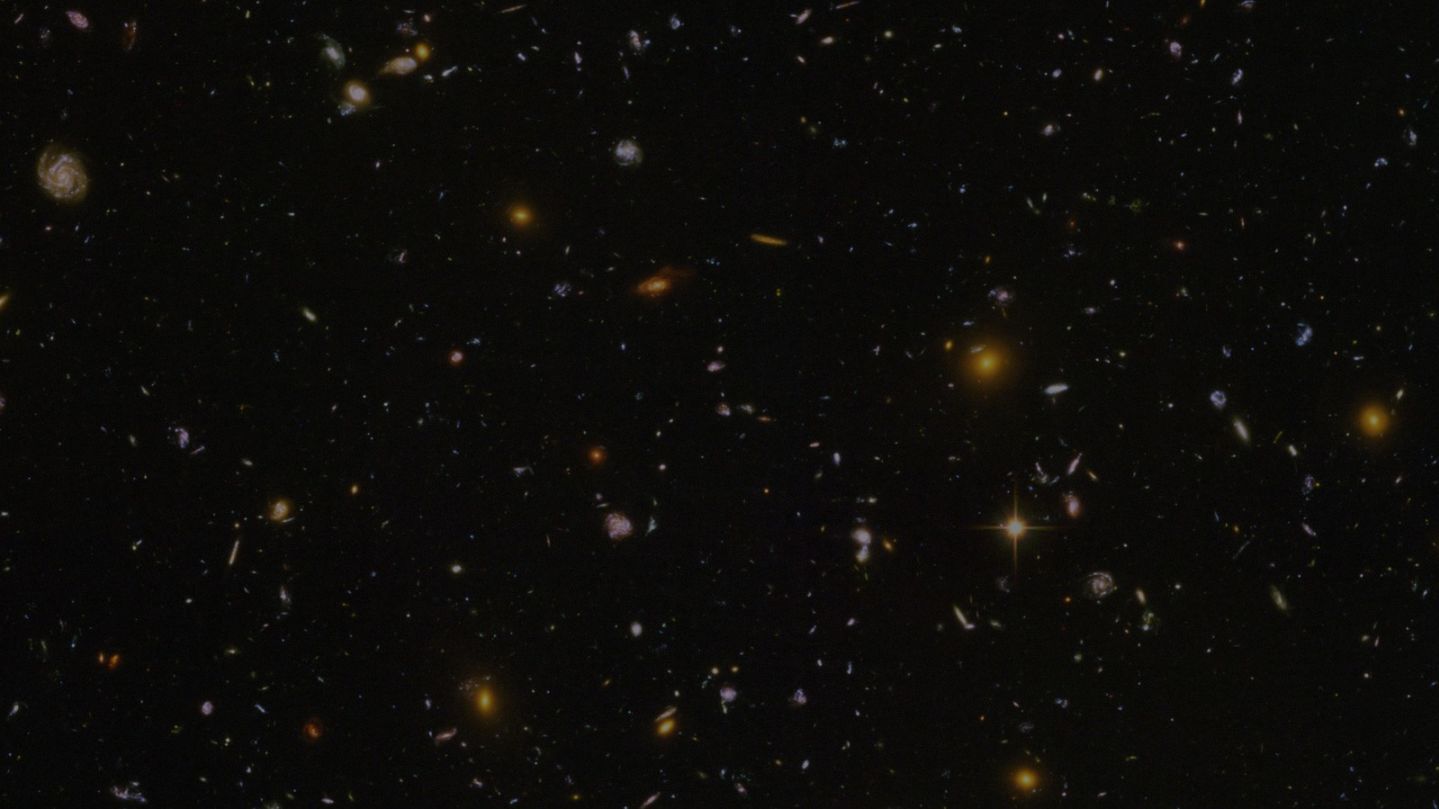If you’re still mourning the little ball of ice formerly known as the ninth planet from the sun, you’re not alone. NASA admin Jim Bridenstine misses Pluto, too.
“In my view, Pluto is a planet,” he proclaimed on a tour of a new aerospace hall at the University of Colorado Boulder, a moment later shared on Twitter. “I’m sticking by it. It’s the way I learned it, and I’m committed to it.”
If only saying it could make it true.
Bridenstine, who has no background in science and previously served in Congress and the US Navy before joining NASA, made his declaration at a particularly painful time – the anniversary of Pluto’s demotion.
The International Astronomical Union voted to downgrade Pluto to “dwarf planet” in 2006 after members voted to redefine what objects are “planet.”
And poor Pluto just wasn’t heavy enough to make the cut.
It makes sense: When Pluto was discovered in 1930, little was known about the other celestial inhabitants of the solar system and how its littlest planet compared in size.
But in 1992, researchers discovered more than 1,000 objects orbiting Neptune that rivaled and often exceeded Pluto’s size, the International Astronomical Union said. Members began to narrow the criteria for what objects qualify as planets, and the truth became exceedingly clear – they would exclude everyone’s favorite freezing fleck.
If Pluto were a sentient being, it might’ve taken the loss poorly. But it’s not, so the world’s heart broke for it. The solar system didn’t shrink–quite the opposite–but it sure feels smaller without a ninth planet.
Correction: This article has been updated to correct the location of NASA's Jim Bridenstine's recent comments about Pluto. He made the comments at the University of Colorado Boulder.



